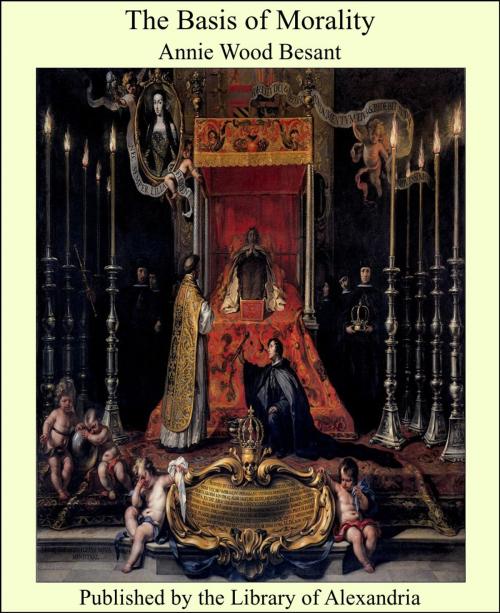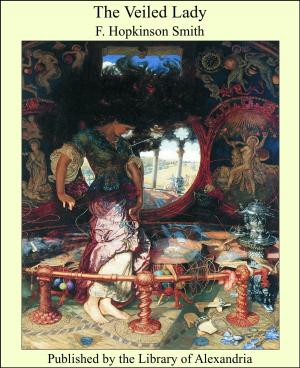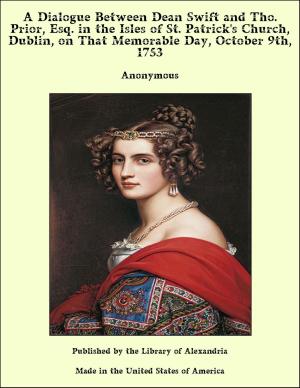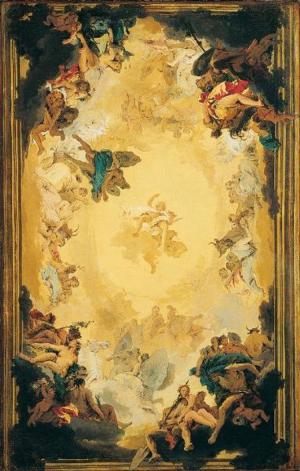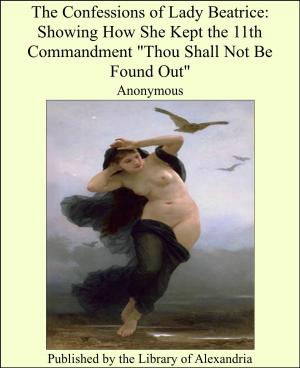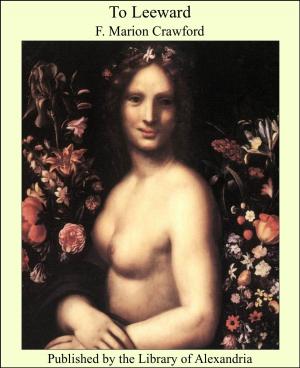| Author: | Annie Wood Besant | ISBN: | 9781465538215 |
| Publisher: | Library of Alexandria | Publication: | March 8, 2015 |
| Imprint: | Language: | English |
| Author: | Annie Wood Besant |
| ISBN: | 9781465538215 |
| Publisher: | Library of Alexandria |
| Publication: | March 8, 2015 |
| Imprint: | |
| Language: | English |
I. REVELATION Must religion and morals go together? Can one be taught without the Other? It is a practical question for educationists, and France tried to answer it in the dreariest little cut and dry kind of catechism ever given to boys to make them long to be wicked. But apart from education, the question of the bedrock on which morals rest, the foundation on which a moral edifice can be built that will stand secure against the storms of life—that is a question of perennial interest, and it must be answered by each of us, if we would have a test of Right and Wrong, would know why Right is Right, why Wrong is Wrong. Religions based on Revelation find in Revelation their basis for morality, and for them that is Right which the Giver of the Revelation commands, and that is Wrong which He forbids. Right is Right because God, or a hi or a Prophet, commands it, and Right rests on the Will of a Lawgiver, authoritatively revealed in a Scripture. Now all Revelation has two great disadvantages as a basis for morality. It is fixed, and therefore unprogressive; while man evolves, and at a later stage of his growth, the morality taught in the Revelation becomes archaic and unsuitable. A written book cannot change, and many things in the Bibles of Religion come to be out of date, inappropriate to new circumstances, and even shocking to an age in which conscience has become more enlightened than it was of old. The fact that in the same Revelation as that in which palpably immoral commands appear, there occur also jewels of fairest radiance, gems of poetry, pearls of truth, helps us not at all. If moral teachings worthy only of savages occur in Scriptures containing also rare and precious precepts of purest sweetness, the juxtaposition of light and darkness only produces moral chaos. We cannot here appeal to reason or judgment for both must be silent before authority; both rest on the same ground. "Thus saith the Lord" precludes all argument
I. REVELATION Must religion and morals go together? Can one be taught without the Other? It is a practical question for educationists, and France tried to answer it in the dreariest little cut and dry kind of catechism ever given to boys to make them long to be wicked. But apart from education, the question of the bedrock on which morals rest, the foundation on which a moral edifice can be built that will stand secure against the storms of life—that is a question of perennial interest, and it must be answered by each of us, if we would have a test of Right and Wrong, would know why Right is Right, why Wrong is Wrong. Religions based on Revelation find in Revelation their basis for morality, and for them that is Right which the Giver of the Revelation commands, and that is Wrong which He forbids. Right is Right because God, or a hi or a Prophet, commands it, and Right rests on the Will of a Lawgiver, authoritatively revealed in a Scripture. Now all Revelation has two great disadvantages as a basis for morality. It is fixed, and therefore unprogressive; while man evolves, and at a later stage of his growth, the morality taught in the Revelation becomes archaic and unsuitable. A written book cannot change, and many things in the Bibles of Religion come to be out of date, inappropriate to new circumstances, and even shocking to an age in which conscience has become more enlightened than it was of old. The fact that in the same Revelation as that in which palpably immoral commands appear, there occur also jewels of fairest radiance, gems of poetry, pearls of truth, helps us not at all. If moral teachings worthy only of savages occur in Scriptures containing also rare and precious precepts of purest sweetness, the juxtaposition of light and darkness only produces moral chaos. We cannot here appeal to reason or judgment for both must be silent before authority; both rest on the same ground. "Thus saith the Lord" precludes all argument
